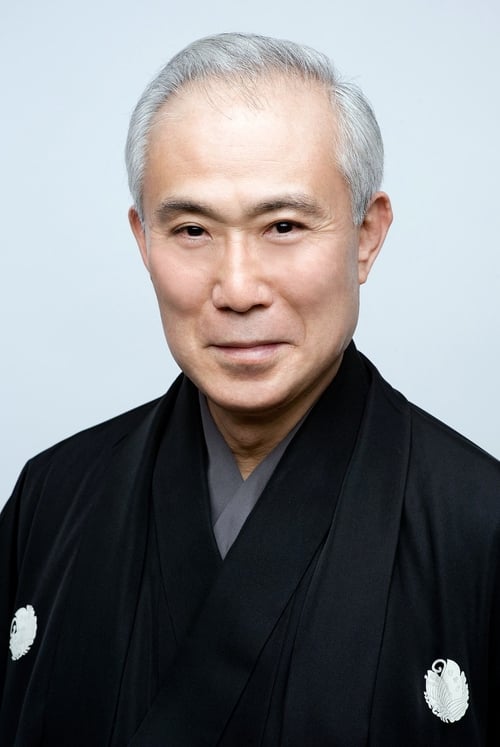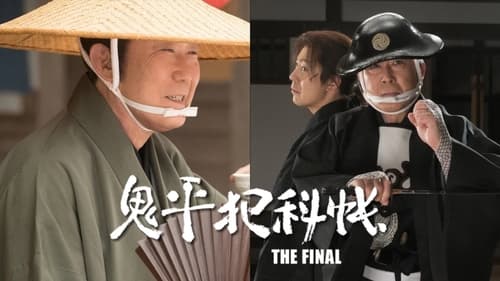Kichiemon Nakamura II
Nacimiento : 1944-05-22, Tokyo, Japan
Muerte : 2021-11-28
Historia
Nakamura Kichiemon II (born May 22, 1944 ) is a Japanese actor, kabuki performer and costume designer.
Nakamura Kichiemon is a formal kabuki stage name. The actor's grandfather first appeared using the name in 1897; and Nakamura Kichiemon I continued to use this name until his death. Kichiemon I was the maternal grandfather of Kichiemon II.
In the conservative Kabuki world, stage names are passed from father to son in formal system which converts the kabuki stage name into a mark of accomplishment.In choosing to be known by the same stage name as his grandfather, the living kabuki performer honors his family relationships and tradition.
Description above from the Wikipedia article Nakamura Kichiemon II, licensed under CC-BY-SA, full list of contributors on Wikipedia

Naosuke Ii
At Sakurada Gate in 1860, the shogun’s chief minister and his retinue of bodyguards are ambushed and annihilated. Bearing the responsibility and shame for this failure is Shimura Kingo, master swordsman and chief of the guard. Forbidden to take his own life in atonement, he is instead tasked with hunting down the remaining assassins; however, fate intervenes and now only one is left. Devoted to his late lord and his duty, he relentlessly pursues the sole remaining assassin for the next thirteen years. But times are changing in Japan and the way of the sword has become outlawed. What does this mean for Kingo?
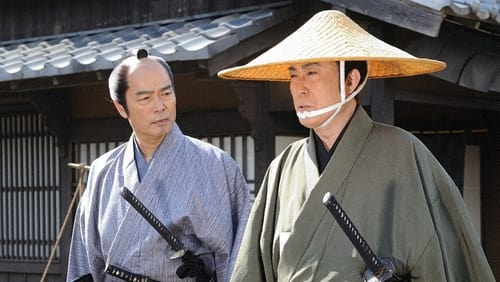
Hasegawa Heizô, aka Onihei
Detective Onihei better known as "Heizo the Demon" heads a group of skilled officers, however, one of those special officers got himself into a web of betrayal and deceit, and become the very thing Heizo the Demon investigates daily.
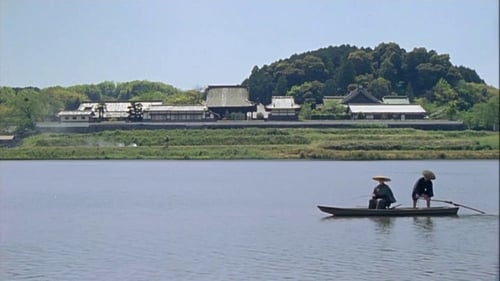
Hasegawa Heizô, aka Onihei
Takahagi Sutegoro is highly skilled at casing locations for thieves so that he can sell detailed floor plans to them. He suffers an injury to his leg while trying to help a parent and a child being threatened by samurai. Heizo jumps in and chases the samurai away. Feeling indebted to Heizo, Sutegoro decides to become his spy. Now, together they will try to stop scheming Myogi Danemon’s gang of merciless thieves...
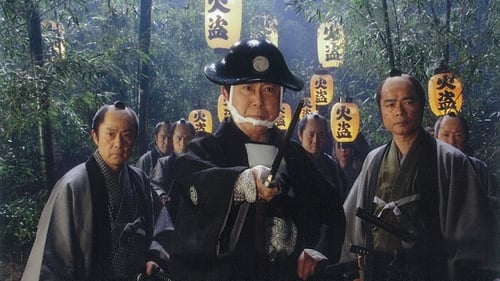
Hasegawa Heizô, aka Onihei
Heizo "The Demon" deals with an arson thief gang known as "Bungoro" the fire thief who leaves a calling card as evidence. As a street notice, showing the thief of Ohno shop, but it is not Bungoro, it's the quick work of a solo member. Heizo Hasegawa with his hands full may have caught a break, it may be a falling out among the thieves.

Hasegawa Heizô, aka Onihei
Edo town thief called "Acrobatics boy" has been rampant in town, just that time, spy, Goro of Otaki will see a woman who had been an inside contact of the Yataro by chance. Also, Heizo is worried about the child of Inoue Tatsuizumi, who decided to ask for help for Gen'an.

Hasegawa Heizô, aka Onihei
Heizo "The Demon" investigates the shop of Toshimaya the swordsmith, where 280 ryo was stolen and twelve people murdered. This particular group of theives are most dangerous because of the willingness to kill for money, but what about this mysterious unibrow, who is he? What is he up to?

Hasegawa Heizô, aka Onihei
An old thief, Kuhei Sagiwara, used to visit his hometown at the foot of the Kurikara Pass in Kaga Province. Hiding from the rain, he overheard a secret conversation between three men, just like him, hiding from the rain. These three conspired to kill Heizo Hasegawa, the head of the arson and robbery police squad, and the head of these three is the outrageous villain, thief and murderer Jingoro Amikiri...
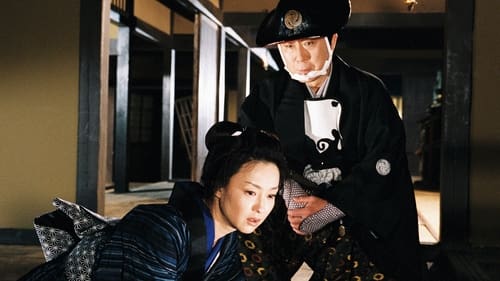
Hasegawa Heizô, aka Onihei
Heizo's cousin Senemon Misawa and his son Katsuzo visited Heizo's home. Heizo learns that Senemon has fallen in love with Katsutoshi, a woman who works at the Yamabukiya Tea House, and has asked her to marry him. Heizo decided to visit Yamabukiya, saying "I will try to find out if this woman is a bodhisattva or a demon." After meeting Katsutoshi Heizo, felt embarrassed and ordered Gorozo to inquire about her just in case. Gorozo, in turn, sends secret detective Rihachi to Yamabukiya with the task of keeping an eye on Katsutoshi...

A criminal syndicate wants detective Onihei dead, but the resolute hero proves to be hard to kill.
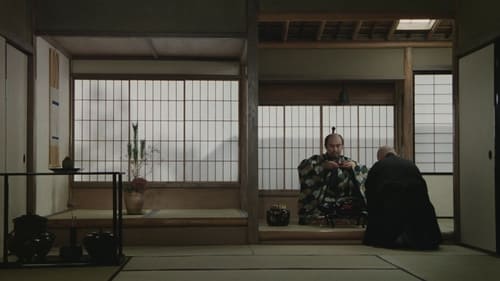
Lord Ieyasu
En el siglo XVI, todas las artes florecían en Japón, como también las guerras y las intrigas por el poder entre los distintos señores feudales. Rikyu, un sereno y prudente maestro del té, tratará de templar la mayor ambición de su poderoso señor: crear un gran imperio japonés en el Pacífico, unificando Japón e invadiendo China. El uso de las invitaciones oficiales para las ceremonias del té le servirán a Rikyu para llevar a cabo sus delicadas negociaciones diplomáticas.

Ukon Takayama
Sen Rikyu is a ceremonial tea master who advises warlord Hideyoshi in sixteenth-century feudal Japan. His daughter, the beautiful Lady Ogin, has an unrequited love for Lord Ukon, who has angered Hideyoshi by becoming a Christian convert. Ogin's father Rikyu also displeases Hideyoshi by opposing the warlord's plan to invade China and Korea. When the animalistic Hideyoshi is rejected by Ogin, he threatens her and her father with arrest and worse.
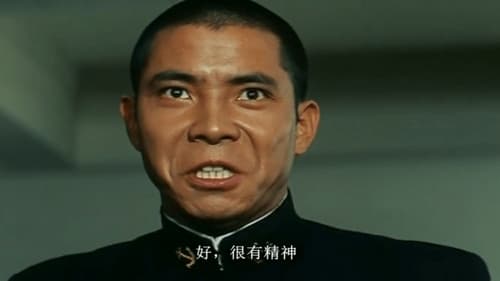
Ichiro Hirata
A young man leaves his widowed mother on her improverished farm and makes his career in the Japanese navy.

Jihei
Adaptación más o menos fiel de la obra de Chikamatsu, preservando todas las convenciones del teatro kabuki y elevando el nivel de artificio con nuevos añadidos: encuadres excéntricos, composiciones hiperestilizadas y un gran uso del blanco y negro. Narra la trágica historia de amor entre una prostituta y un mercader casado.
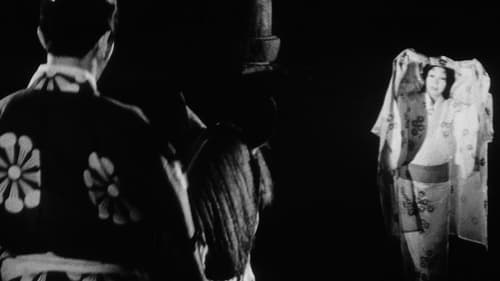
Gintoki
Una mujer y su nuera son atacadas y violadas por un grupo de samurais, que las asesinan cuando prenden fuego a la cabaña en que ellas viven. Poco después 2 mujeres muy parecidas a las muertas entran en escena atrayendo a samurais solitarios hasta su casa con oscuras y vengativas intenciones.
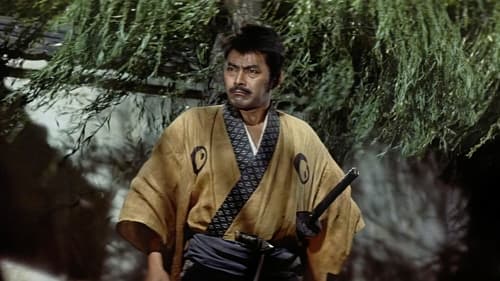
Esta impresionante historia épica ha sido a veces etiquetada como la versión japonesa de "Lo Que El Viento Se Llevó". Chusha Ichikawa personifica a un señor feudal poderoso y despiadado que lucha contra el virtuoso y joven noble, Yuzo Kayama. Ichikawa encuentra una victoria parcial cuando engaña a Kayama y lo convence de hacerse el Hara Kiri. La venganza será realizada por los cuarenta y siete samuráis de Kayama. Basada en una leyenda japonesa venerable, la historia de Chushingura ha sido filmada en varias ocasiones, pero sólo la versión de 1941 (47 Ronin) estuvo a la altura de la versión de 1962, del gran director Hiroshi Inagaki.
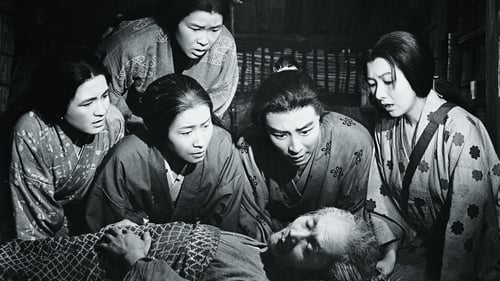
Yasuzo - 2nd Son
In a time of continuous civil wars ravaging the fields of feudal Japan, the eldest son of a very poor peasant family, living alongside the bridge over the Fuefuki river, decides to serve a warlord to escape his miserable condition, being soon followed by his younger brothers. Although not all the men of the family take this tragic path of death, women of the family will be doomed to endure the pain of loss during the next five generations.
